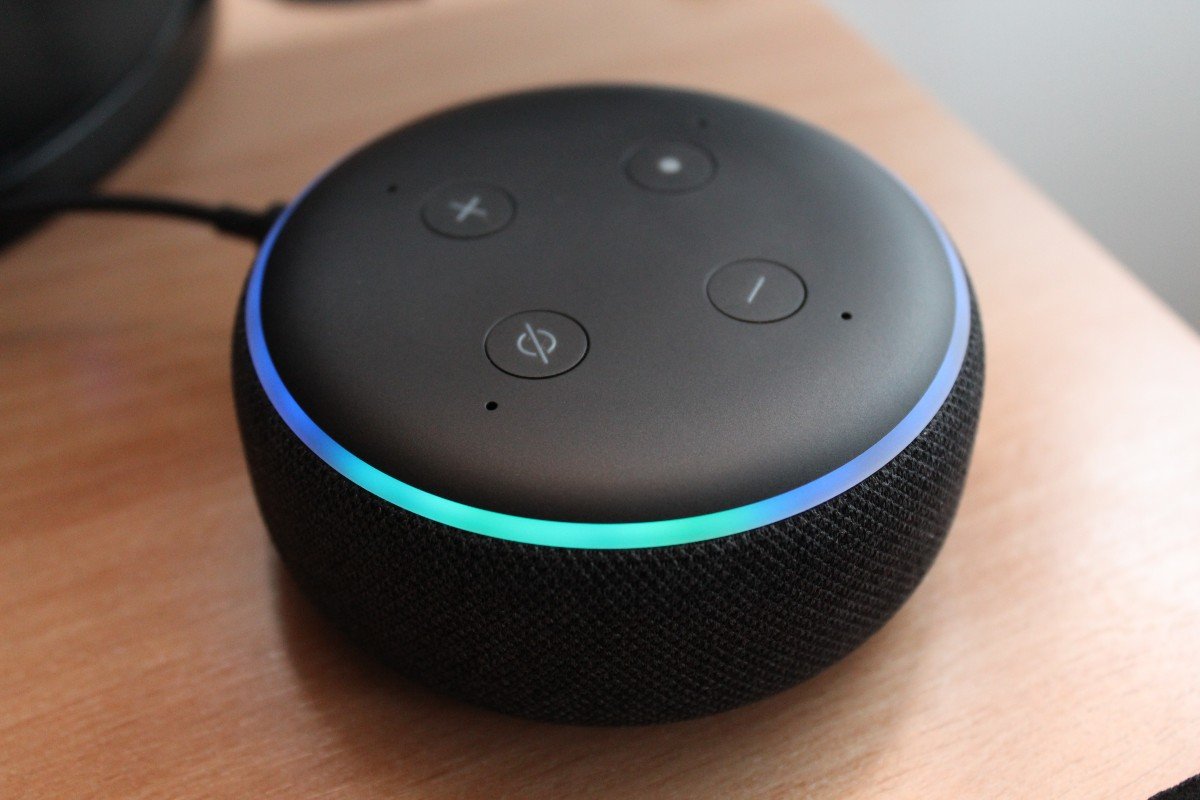Alexa, Do Not Hypnotize Me
The use of hypnosis is gaining more acceptance from the medical community to alleviate anxiety, ward off pain, and inhibit various fears. But get ready for it to go viral.
Literally.
A new generation of hypnosis programs and apps are making the practice available digitally, hoping to popularize hypnosis in the same way as meditation. The dilemma is that people “either think it’s ridiculous or dangerous,” says David Spiegel, a clinical psychiatrist and professor at Stanford University School of Medicine and co-founder of Reveri Health that offers self-hypnosis through Alexa.
He's right, people do think it’s dangerous. And they should, and for reasons they are probably not even thinking about.
Hypnosis is the practice of placing someone in a “relaxed, highly focused state that makes them unusually susceptible to suggestion, typically through verbal cues and mental imagery.” The use of hypnosis ranges from the treatment of pain to conditions such as “anxiety, phobias and sleep disorders, and to help stop behaviors like smoking or overeating.”
So how does it work?
As one California hypnotherapist explains it, “hypnosis gets the conscious mind out of the way.”
That’s the problem.
The spiritual concern with hypnosis is how it opens someone to influence, and that influence can come from any source, including the demonic. Franz Anton Mesmer, sometimes referred to as the “father of hypnotism” and from whom we get the word “mesmerize,” was also involved with the occult.
In the hands of a well-qualified Christian professional, there can be benefit to the use of hypnosis. As an article posted on the Focus on the Family website details,
Under the careful supervision of a well-qualified Christian professional, it can sometimes be beneficial. Before submitting to hypnosis, however, it is critical to know the administering therapist and to be familiar with their credentials, background, worldview, value system and personal beliefs. In the wrong hands, hypnosis has the potential to create confusion and to cause more problems than it resolves.
It’s worth adding that hypnosis, like any other therapeutic technique, should be rejected out of hand when it takes on questionable spiritual overtones—for example, when it becomes occultic in nature or is clearly connected with the tenets of Eastern religion or New Age philosophy.
In proper, medical hands hypnosis may be of some value. Turned loose and offered on demand through Alexa is terrifying. To have your conscious bypassed – for any reason – is a serious affair. As one person who went through self-hypnosis sessions at home for a month and successfully ended their craving for cigarettes said, “This hypnosis is some crazy-a** voodoo.”
Yes, it is. Which means proceed with caution.
And tell Alexa to keep her hypnosis to herself.
James Emery White
Sources
Betsy Morris, “Alexa, Hypnotize Me,” The Wall Street Journal, December 28, 2020, read online.
“Hypnosis as a Clinical Tool,” Focus on the Family, read online.

